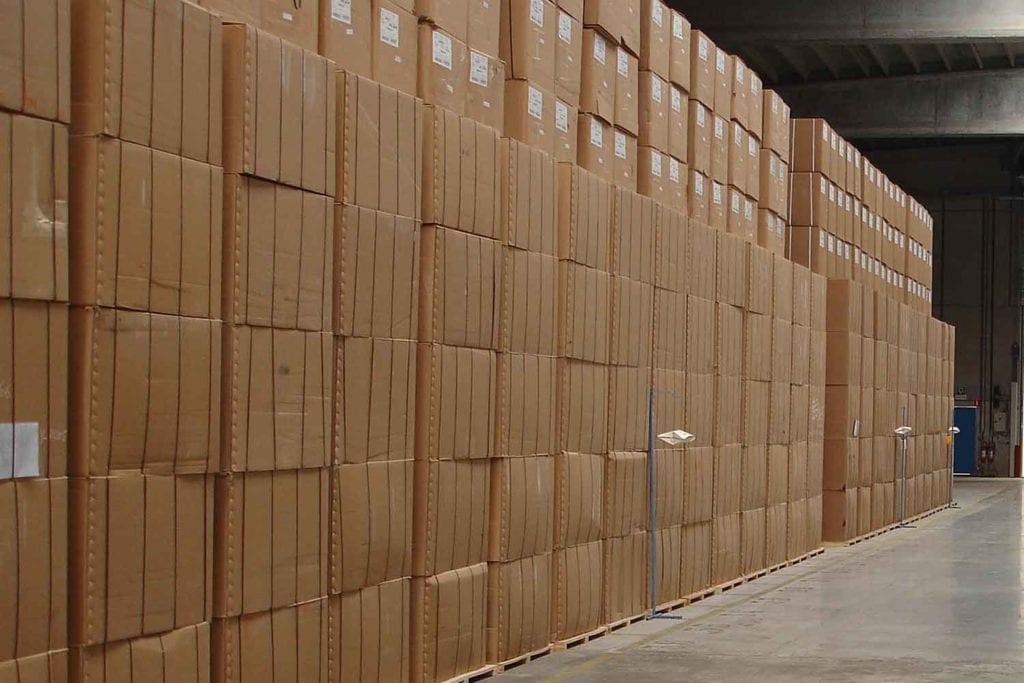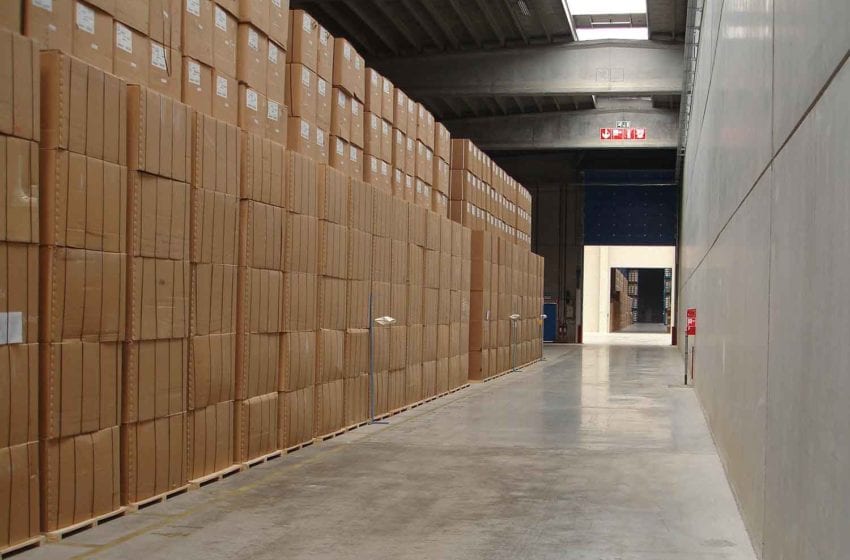
The Uncommitted Tobacco Auction returns as an online marketplace.
TR Staff Report
The Uncommitted Tobacco Auction (UTA) is back. Reinvented as an online marketplace, the platform will offer tobacco companies an opportunity to anonymously sell uncommitted non-seller, distressed, substandard, damaged and stocks to the highest bidder.
Confidentiality and anonymity are desirable in the early stages of a transaction so that buyers don’t favor one supplier over another. When similar types/grades of tobacco are on offer at differing prices, the electronic exchange system soon establishes a “published” market price, with prices escalating in times of shortages and declining in periods of excesses.
The first UTA was created in 2006 by a group of tobacco veterans looking to inject new dynamism into the tobacco trade. Operating on thin margins, leaf merchants are keen to minimize surplus tobaccos on the balance sheet. Previously, their choice was to either sell excess leaf at a discount or pay for storage while waiting for prices to firm up.
However, the potential market was limited because of competitive issues—most tobacco dealers would rather not directly sell to or buy from their competitors. In addition, tobacco merchants selling discounted tobaccos want to avoid giving buyers the impression that their “regular” tobaccos are overpriced. The UTA exchange process eliminates these concerns as neither party knows who the sale is made to or where the product comes from—transactions are simply confirmed on a willing-buyer-and-willing-seller basis.
During the platform’s first iteration, warehouse operator Tabaknatie ran the physical auction at its premises in Antwerp, Belgium, and the UTA team handled the interactions between buyers and sellers. The process was supervised and controlled by trust office FTC, which also handled contracts and invoicing.
According to initiator Rainer Busch, who also leads NewCo, the first UTA was a success. The initiative, he says, received lots of attention, and numerous traders participated in the platform. “There are many reasons why a seller would want to put damaged or excess stock on the market,” says Busch, adding that the original UTA processed “several million kilos” of tobacco during its existence.
However, as the UTA gained momentum, Busch’s other business expanded even faster, requiring him to set priorities. With insufficient time to devote to both projects, Busch decided to put the UTA on hold. The first UTA ceased operations in 2009, but the concept clearly struck a chord. Over the following decade, customers continued inquiring about the platform at regular intervals, asking when it would return.


Their patience is about to be rewarded. According to Busch, the time is now right for the UTA to make a comeback. The conditions that led to the original UTA—slim trader margins and a desire to avoid surplus tobaccos—persist, and plenty of surplus tobacco remains on traders’ balance sheets. Busch estimates that there is some 155 million kg of uncommitted packaged inventory sitting in warehouses worldwide, including 95 million kg of flue-cured Virginia, 35 million kg of burley, 10 million kg of tobacco byproducts and 15 million kg of other varieties.
At the same time, technological and societal developments have turbocharged interest in online platforms. The Covid-19 pandemic has forced many activities online, and technology has evolved to handle them smoothly. Online business-to-business interactions have generated considerable efficiencies in many industries, reducing travel expenses and increasing profits. Even the traditionally conservative tobacco industry has become comfortable with online transactions.
Unlike the first UTA, which featured a physical auction in Antwerp, the new iteration will be an exclusively online marketplace, eliminating the need for traders to send representatives. Bids will be visible to all involved, and multiple buyers can compete for a batch. If the buyer requires product samples, the seller will send two sealed samples to the UTA sampling room at Andromeda Forwarding & Logistics’ facilities in Antwerp. The UTA will forward one sample to the potential buyer and retain the other for mediation in case a dispute arises.

To ensure smooth operations, the new UTA will be managed by Alan Rosenthal in Dubai, who for decades has run a successful online spice trade platform based on the same concept.
According to Rosenthal, most bulk commodities are similar in that there is a product, specification, packing and price attached to all transactions. Spices and tobaccos tend to thrive in similar climates and are often cultivated in the same geographical areas. The relationships between farmers and buyers in the spice trade are comparable to those between tobacco growers and tobacco buyers, and the industries share many concerns, such as those about pesticide residues.
Of course, there are also differences between the sectors. Unlike tobacco, which is highly concentrated, the spice industry is characterized by thousands of manufacturers who produce, process, trade or manufacture finished food products around the world. While tobacco is a high value, high volume industry, the number of companies is limited due to the high capital cost of business entry and the enormous expense associated with launching new cigarette brands.
Rosenthal believes his world spice exchange has enhanced business where dynamic companies are willing to embrace the new technological advances in trading.
“The world is moving towards electronic trading, so either willingly or unwillingly we will be pushed into this style of business due to its wide reach and low cost,” he says. “Everyone can see how electronic trading has affected the futures and forex markets. It’s my belief that in a short space of time, the physical movement of bulk commodities will also be done by exchanges and electronically.”
Currently, Rosenthal’s company is in the developmental phase for an online marketplace for the B2B tea business, where traditional teas auctions still take place. Animal feed is also in developmental stages.
Busch and Rosenthal believe the tobacco industry, too, stands to benefit greatly from an online marketplace.
UTA procedures and requirements will guarantee suppliers’ integrity, and a team of industry experts is on hand to inspect shipments, which will also be handled by Andromeda Forwarding & Logistics. A full report will be generated to satisfy all industry standards.
Sellers will pay a one-time registration fee of $2,500. After registration, the seller will enter his stocks on an online platform, which any interested buyer can access. If a buyer is interested, he can request a sample for evaluation. After evaluating the sample, he can make a counter bid online. The seller will be informed by the UTA, and if he accepts the offered price, the sale is confirmed under the terms and conditions set by the UTA.
Before shipment takes place, the buyer must transfer the money to an escrow account of the UTA. The nominated shipping agent of the UTA will arrange the shipment from FOB origin to CIF destination port. After the arrival and approval of the tobaccos at the destination, the seller will receive his payment. The UTA will deduct its commission from the payment to the seller.
If the industry interest in the first UTA is any indication, the reinvented platform can look forward to busy times. While it is difficult to predict the volumes that will pass through the new UTA at this stage, Busch says the organization is determined to continually drive up the volumes and create value for the industry.
For more information on the new UTA, please visit www.utaproducts.com.

